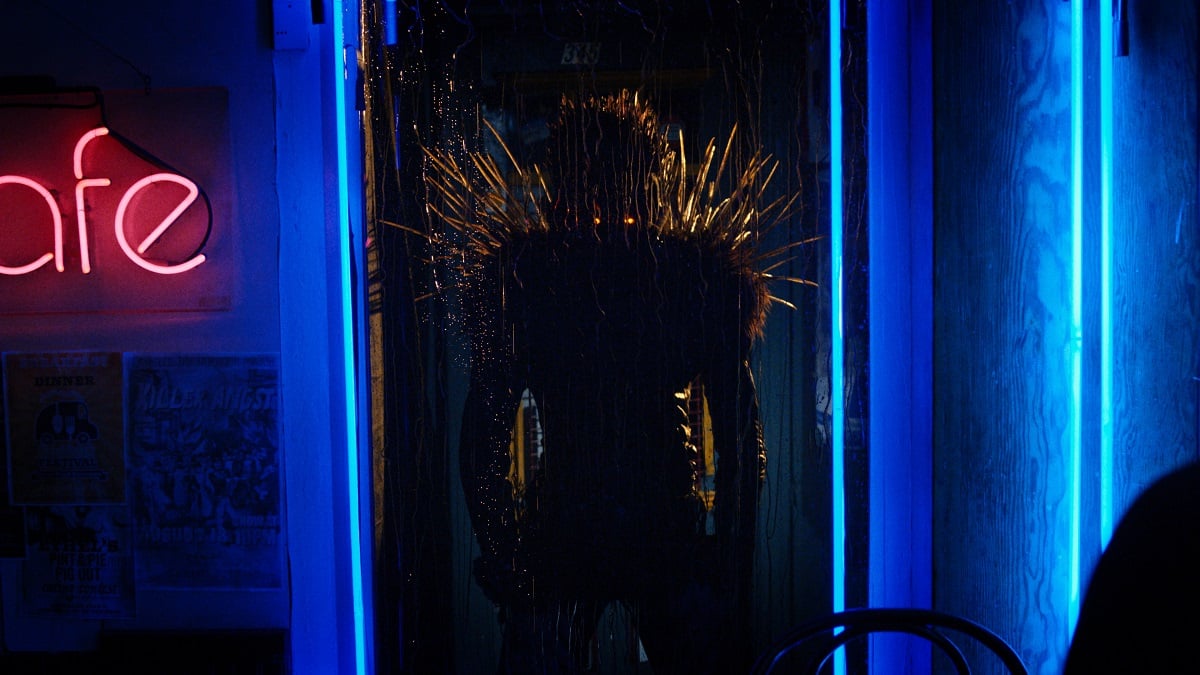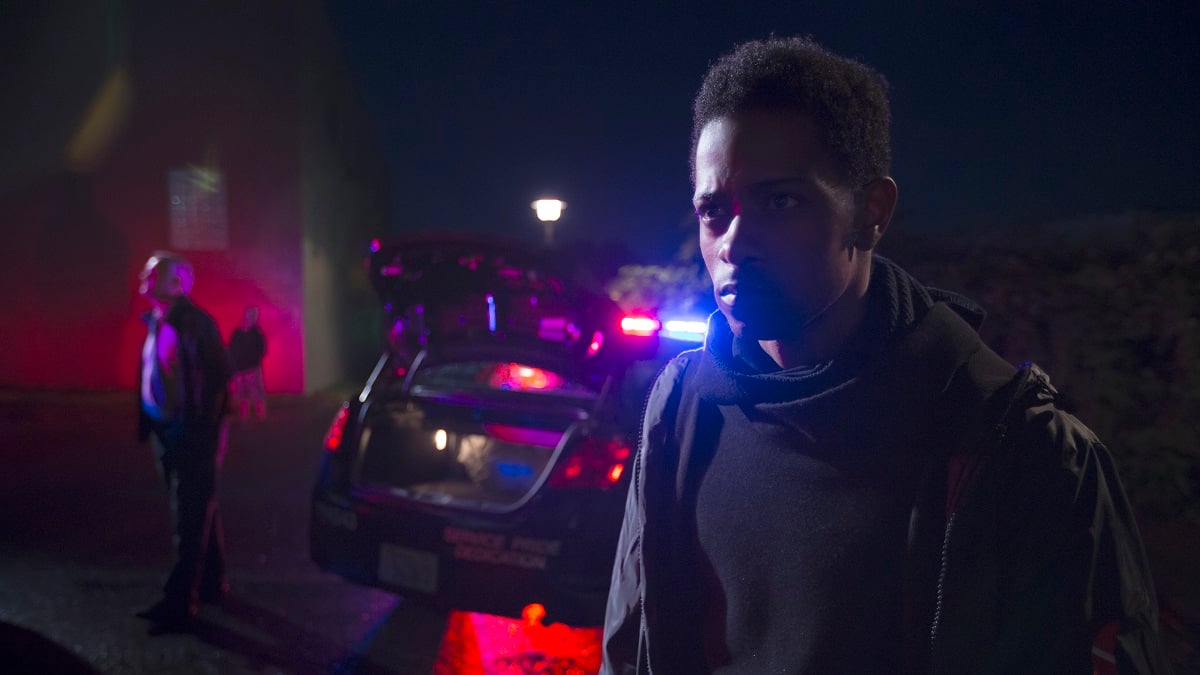Adapting source material that a lot of people hold very close to their hearts is always a difficult task, especially when the ideal balance is appealing to established fans while also drawing in as many new ones as possible. Rather remarkably, then, Netflix’s Death Note accomplished neither.
Director Adam Wingard has solidified his credentials several times over in the realm of low budget combinations of thriller and horror, so on paper he was an inspired candidate to make the jump to expensive and effects-heavy storytelling as the man behind the camera on the streaming service’s $40 million stab at bringing the legendary manga into live-action.

However, when the cast was announced, Death Note was instantly opened up to whitewashing accusations, with Wingard and the rest of the producorial team defending their decision by stating that they weren’t seeking to emulate the source material but tell it from an American perspective, which only ended up pissing more people off.
In the end, a lukewarm Rotten Tomatoes score of 37 percent and an even worse audience approval rating of only 23 percent indicated that nobody really cared for the end product in the slightest, leaving Death Note to slip into the farthest reaches of Netflix’s content library, never to be seen or heard from again until it was announced last year that the inevitable reboot was on the way.
Despite being a Netflix original, though, Death Note has apparated on the most-watched ranks of a competitor this weekend, with FlixPatrol surprisingly showcasing the widely-derided translation has soared right onto the iTunes charts without a care in the world.

